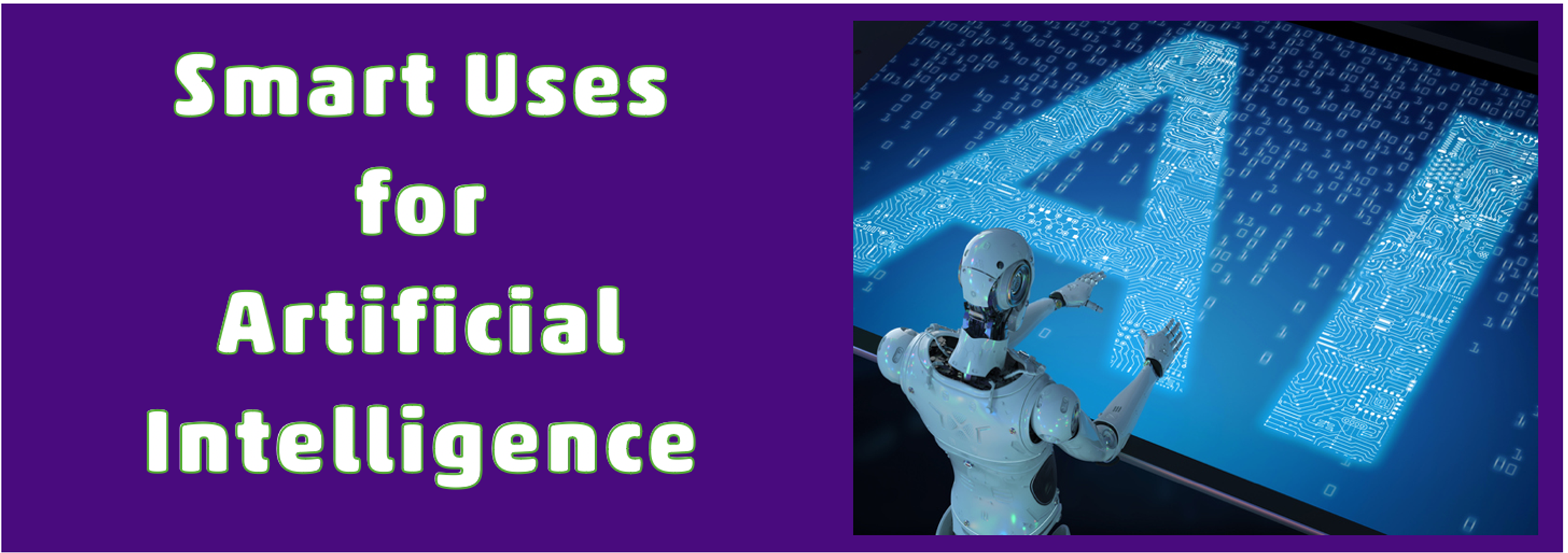More on ChatGPT :

Seven Jobs That Don’t Exist Today but Will in the Next 5 Years Because of AI:
Megan O'Connor
For years, we’ve been warned by studies touting alarming headlines about the future of work, like the 2017 report from Dell and the Institute for the Future that “85 per cent of jobs that will exist in 2030 haven’t been invented yet.”
But for those of us living in blissful ignorance of generative AI until the public launch of ChatGPT in late-2022, these reports failed to provoke a sense of urgency.
Until now.
It no longer seems like an over-exaggeration that the world of work is going to look markedly different in just a few short years, as IBM’s recent announcement to replace nearly 8,000 jobs with AI over the next few years makes clear.
Everyone — from Chief People Officers at Fortune 500 companies whose headcount plans have been upended to incoming college students wondering if their planned majors are going to prepare them for a job that will even exist when they graduate — is justified in thinking that we need to get a better grip on what this future might look like.
That’s why I turned to Kristin Fracchia, who runs a team of product marketers and analysts at Chegg Skills, and who spent countless hours analyzing trends in the job market. Kristin and her team have a pulse on what is going to change in the job market better than anyone. When I asked Kristin what the jobs that don’t exist today are, but Chief Human Resource Officers and training managers should be aware are just around the corner, here is what she shared as a sampling across various industries:
1. Prompt Engineer
First, this job is already here, but it warrants a mention because of how quickly it’s exploding in popularity across a wide range of industries. It’s our first example of how quickly generative AI is changing jobs. In 2021 and early 2022, prompt engineers could virtually only be found at AI companies. But according to LinkedIn, the number of job posts that refer to “generative AI” has increased 36-fold since last year. A search of online job boards now pulls up open job postings for Prompt Engineers across multiple verticals, everything from defence contracting to hospitals, with salaries up to $300K.
2. Human-Machines Teaming Manager
As AI and other technologies become more integrated into the workplace and companies increasingly rely on human-machine collaboration to achieve business objectives, enter the Human-Machines Teaming Manager: an upgrade from the people manager, one whose job is to make sure all intelligences work well together, even the artificial ones.
3. AI Ethicist
Like prompt engineers, the job of the AI ethicist has existed, but largely in tech companies focusing on AI or at research institutions. In the coming years, we are likely to see this role expand either as an internal job requirement or as a consultative service to most companies that use AI to do work, especially where the output critically impacts humans' physical, psychological, or ethical well-being.
4. Digital Detox Therapist
With the rise of virtual therapy during the COVID-19 pandemic, meaning that it’s no longer necessary to have a critical mass of clientele in a geographic area, “niche” therapy practices have also been on the rise. As AI expands the presence of technology in everyday life, “digital detox” may morph from just a suggestion to unplug to a specific branch of therapeutic practice.
5. AI Personality Designer
Siri, Alexa, and Cortana all had glam squads behind them, carefully crafting their interactive personalities. As AI expands into various industries and notably as it becomes more common for individuals to generate their own digital twins or likenesses, AI personality designers will become a hot commodity for both corporations to engage their customers and for individuals to pursue their own virtual fame.
6. Biotech AI Engineer.
One of the most life-changing applications of generative AI technology is in healthcare, where it can be deployed to identify diseases or genetic disorders. As a result, roles that require training in machine learning and biology will likely emerge as scientific discovery accelerates.
7. Smart City Designer
With the rise of AI, we might see urban planning evolve into smart city design, where cities are built specifically around the need for humans to use AI and other technologies in their day-to-day lives. Smart city designers would also actively leverage AI as they collaborate with engineers, architects, city leaders, and citizens to plan more user-friendly and sustainable cities.
Throughout this coming decade, we all need to be prepared that the next one is going to look incredibly different, with our own jobs re-imagined and the jobs of those we lead evaporating or emerging seemingly in an instant. AI is impacting not only the future of work but the “now” of work. As the recently released Future of Jobs Report from the World Economic Forum states, AI is now the number three priority in company training strategies and the number one priority for companies with more than 50,000 employees.
Leaders in every industry need to start thinking about how they will train and re-train their workforce into jobs like the ones sampled here. Six months ago, they may have sounded like sci-fi, but not anymore.

